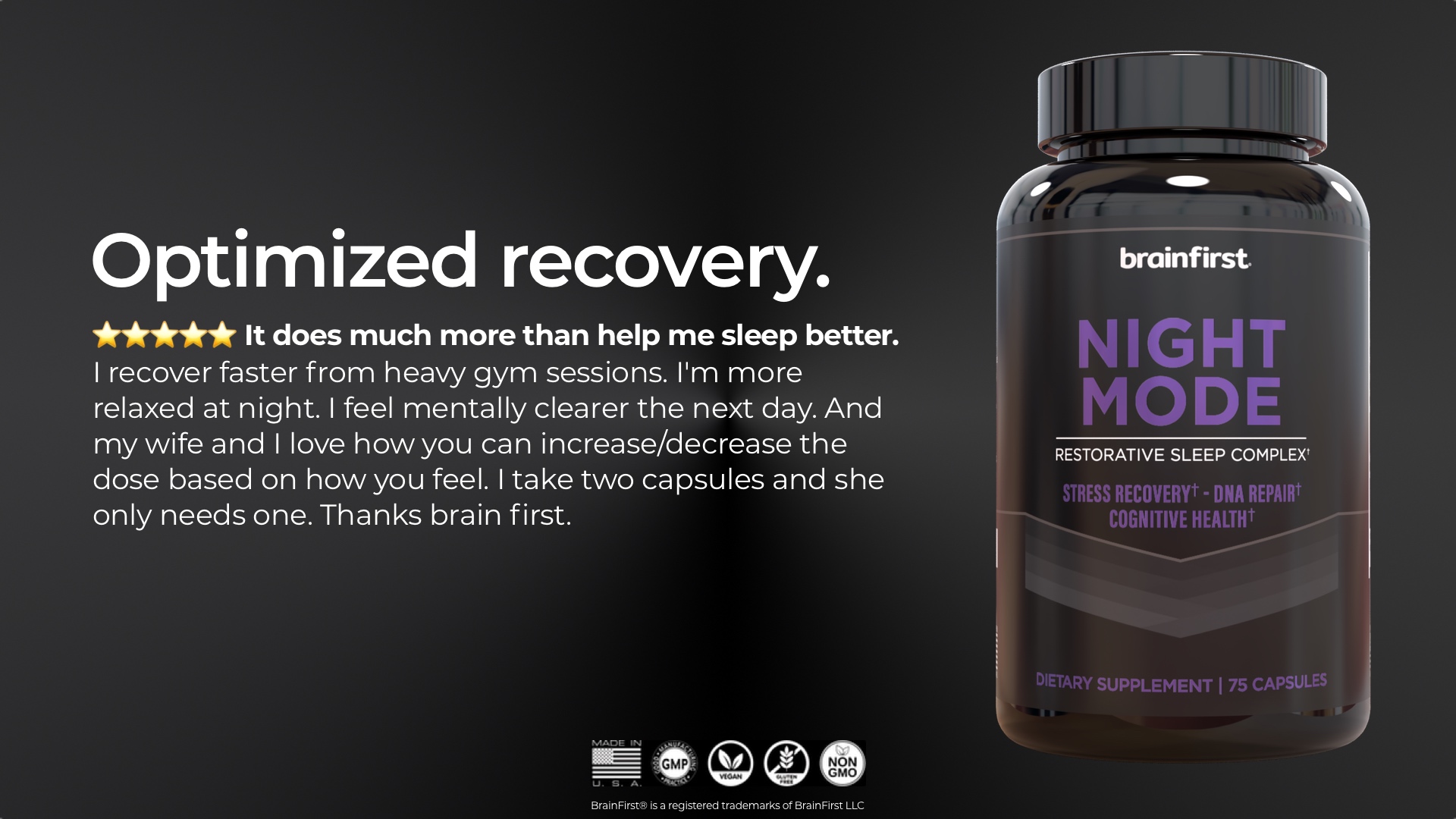Saffron Extract (Crocus sativus)

![]()
Saffron extract is derived from the stigma of the Crocus sativus flower and has been traditionally used for medicinal purposes for centuries. Recent studies have shown that saffron extract has several health benefits including improved sleep and mood, decreased muscle tension, reduced anxiety and increased relaxation.
Improved Mood
Saffron extract has been shown to improve mood and reduce symptoms of depression. A randomized, double-blind, placebo-controlled study showed that saffron extract was as effective as fluoxetine, a commonly used antidepressant, in treating mild to moderate depression (Hausenblas et al., 2013).
Reduced Anxiety
Saffron extract has also been shown to reduce symptoms of anxiety. A study conducted on patients with generalized anxiety disorder (GAD) showed that saffron extract significantly reduced symptoms of anxiety compared to a placebo (Akhondzadeh et al., 2005).
Improved Sleep
Saffron extract has been shown to improve sleep quality in adults with insomnia. A double-blind, placebo-controlled study showed that saffron extract improved sleep quality, reduced the time it takes to fall asleep, and increased total sleep time compared to a placebo (Modaghegh et al., 2008).
Anti-Inflammatory Properties
Saffron extract has been shown to have anti-inflammatory properties. A study conducted on patients with ulcerative colitis showed that saffron extract reduced inflammation in the colon and improved symptoms of the disease (Namjooyan et al., 2014).
Decreased Muscle Tension
Saffron extract has been shown to decrease muscle tension and improve relaxation. A study conducted on healthy adults showed that saffron extract reduced muscle tension and improved relaxation compared to a placebo (Hosseinzadeh et al., 2016).
Reduced PMS Symptoms
Saffron extract has also been shown to reduce symptoms of premenstrual syndrome (PMS). A double-blind, placebo-controlled study showed that saffron extract significantly reduced symptoms of PMS including irritability, depression, and anxiety (Agha-Hosseini et al., 2008).
Saffron extract is included in:





